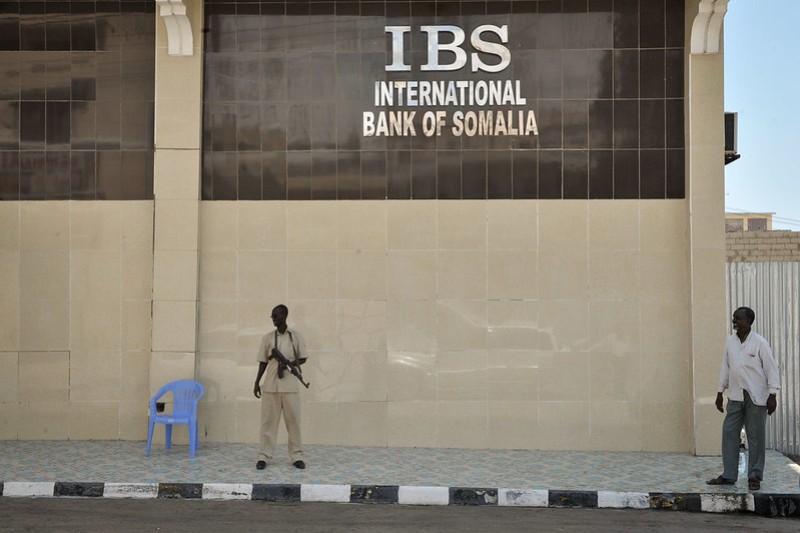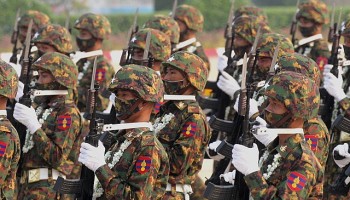“Treasury is focused on identifying and disrupting al-Shabab’s illicit networks operating in East Africa,” said Treasury Under Secretary Brian Nelson.
The sanction list notably includes Hassan Afgooye who is to oversee a complex financial network involved in racketeering, kidnapping and managing sham charities to raise funds for the group.
“Afgooye is considered critical to al-Shabaab’s continuing operations,” said the Treasury, offering up to US$5 million for information on him.
The other targeted individuals were said to be involved in activities such as laundering fiat and digital currency, brokering deals with Somalia’s businesses and handling higher-level payments imposed on local enterprises.
Since its inception in 2006, Al-Shabab has developed a highly organized financing structure, which relies on extorting money from the local population.
The key sources of revenue include fees for passing road checkpoints, taxing imports at seaports, business extortion and forced collection of Zakat – an obligation for all Muslims to donate a portion of their wealth to the poor.
According to the Treasury, the group generates around US$100 million annually – around a seventh of Somalia’s state budget in 2021.
This money is vital for sustaining its ongoing insurgency against the government in Mogadishu and also supports worldwide activities of Al-Qaeda, which it is affiliated to.
The UN Panel of Experts on Somalia found that al-Shabab is making extensive use of formal banking.
Part of the money is collected through direct debits and, on an increasing basis, through electronic mobile transfers.
Al-Shabab is also active in Mogadishu’s finance and real estate market, where it invests its allegedly significant budgetary surplus.
Concurrently, the Treasury targeted the group's military equipment supply, sanctioning four members of a Yemen trafficking network. The sanctioned were involved in shipping arms across the Gulf of Aden to Somalia’s northern coast using dhows – traditional trade sailboats capable of carrying heavy cargo.
As a result of the announced sanctions, all U.S. property and interests in property of the 10 individuals must be blocked and reported.






